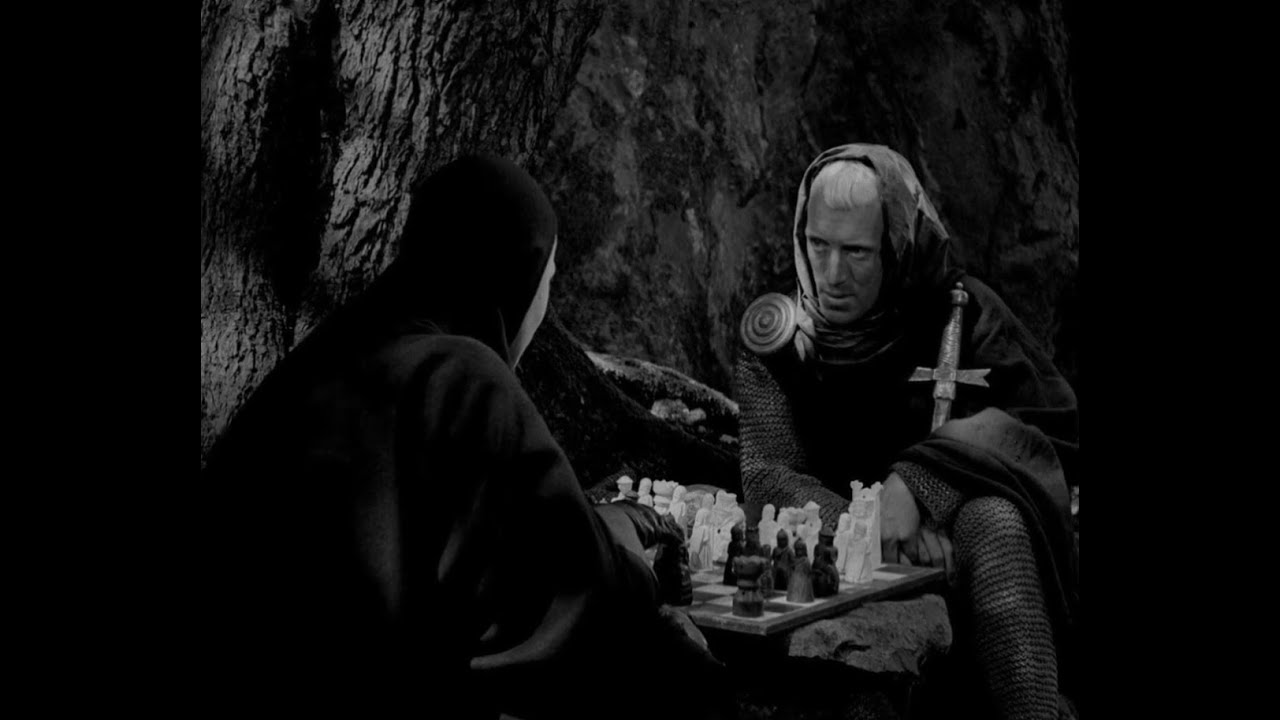
Edited by João Mário Grilo, Maria Irene Aparício e Susana Viegas (IFILNOVA)
Cinema: Journal of Philosophy and the Moving Image welcomes submissions to its 15th special issue on Cinema, Philosophy, and the Middle Ages, a collaboration between the editors and the research project “Cinema and the Middle Ages”, coordinated by Alicia Miguélez Cavero (Instituto de Estudos Medievais, NOVA FCSH). This issue will be dedicated to philosophically questioning cinema and the Middle Ages by exploring concepts and problems such as the literary adaptation of film, aesthetic, political and social imagery, and the relation between historical truth and the past.
To echo Marc Ferro (1977), can history be written through moving images? Since Hayden White’s conceptualization of ‘historiophoty’ (1988), the passage from written (historiographical) material to a visual discourse raises interesting questions. How have the Middle Ages been imagined, understood, and represented in films? How have filmmakers met the aesthetic challenges posed by films that represent the Middle Ages?
The main objective of this special issue is to consider epistemological, aesthetic, ethical and ontological issues related to how films represent the medieval period.
The themes explored in the special issue could include (but will not be limited to):
- Philosophical analysis of films that depict either the romanticized or the grotesque Middle Ages;
- Analysis of films that establish – or challenge – medieval traditions, myths, and legends (Joan of Arc, Robin Hood, the Vikings, the crusaders);
- Filmmakers’ early interest in adapting medieval (or medieval-inspired) literary works;
- Medieval social representations and political issues through the lens of twentieth- and twenty-first century art;
- Images: film and the other arts; how medieval painting/architecture/music has inspired film’s own imagery;
- The representation of the past: historical truth, free adaptations and fictional narratives;
- Epistemological issues related to period films: Paul Ricoeur’s ‘contract of truth’ (1955);
- The filmmaker as historian and the role of imagination in history-telling;
- The several ‘Middle Ages’ depicted in films and their criticism as a pedagogical tool;
- Lesser-known Portuguese filmmakers such as António de Macedo, Noémia Delgado, Rita Azevedo Gomes, etc.
- Other ‘forgotten’ filmmakers.
Submissions will be accepted in English, Portuguese, and French and can be sent to the editors at: cjpmi@fcsh.unl.pt. Prospective authors should submit a short CV along with an abstract. Abstracts (max. 500 words) are due on 26 October 2022, and a notice of acceptance will be sent to the authors by the end of October. A selection of authors will be invited to submit full-length articles by 1 February 2023, according to the journal’s guidelines. Acceptance of the abstract does not guarantee publication, since all articles will be subject to double blind peer-review. For further information or questions about this special issue, please contact the editors.
Cinema also invites submissions to its other sections: Interviews, Conference Reports and Book Reviews.

